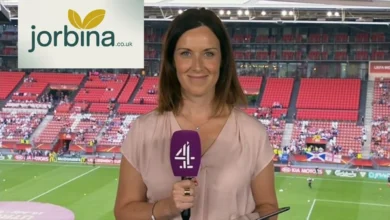Why Rafa Benitez’s Methods Still Divide Football Fans
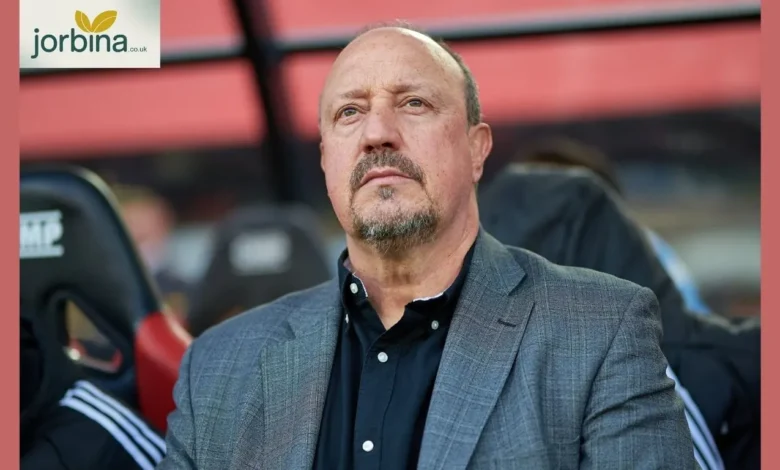
Have you ever pondered how a manager could simultaneously be adored and questioned? While some coaches engender unending controversy, others inspire fervent devotion. Rafa Benitez is situated exactly in the centre. Arguments over his name are common in press rooms, podcasts, and bars. Even after winning trophies, he is still questioned. What, then, makes him such a complex football character? Discover why Rafa Benitez continues to cause division among football fans by delving into his life story, from his early years in Madrid to his stints at teams like Liverpool, Chelsea, and others.
The Early Years and Sporting Foundation
Rafa Benitez was born in Madrid in 1960. His father was a hotelier, and his mother worked as a teacher, but football was always his true calling. He joined Real Madrid’s youth setup early, playing as a midfielder for Real Madrid Castilla. Unfortunately, injuries cut short what might have been a promising playing career. That setback didn’t derail him; it redirected him. Instead of walking away, he turned his focus toward understanding football from the inside out. He studied physical education and sports science, and that academic background shaped how he would later approach management. It gave him the habit of looking for structure and patterns, something that would define his coaching philosophy for decades.
From Youth Coach to European Champion
Benitez began coaching within Real Madrid’s youth system. He worked with younger squads and assistant teams, sharpening his tactical eye. Over time, he moved through smaller Spanish sides before landing his big break with Valencia in 2001. That appointment changed his career trajectory. In three seasons, Rafa Benitez turned Valencia into a powerhouse. He won two La Liga titles and a UEFA Cup, achievements that cemented his reputation as one of Europe’s brightest tactical thinkers. His approach was simple in theory but meticulous in execution: solid defence, disciplined pressing, and efficient attacking transitions. Fans and pundits began calling him “the professor” for his analytical, data-driven preparation.
The Liverpool Revolution
Then came Liverpool in 2004, a club steeped in history, desperate for European glory. Benitez didn’t take long to deliver. In his first season, Liverpool pulled off one of the greatest comebacks in football history. The 2005 Champions League Final in Istanbul remains legendary: 3-0 down at halftime against AC Milan, then rallying to win on penalties. That victory made Rafa immortal among Liverpool supporters. The following year, he added the FA Cup. But even with those triumphs, Benitez’s reign wasn’t without tension. His cautious, structured style sometimes clashed with fans’ desire for open, attacking football. He built tactical systems that prized shape and organisation over improvisation. It worked, but it wasn’t always thrilling. Still, no one could deny his success. He took Liverpool to consistent European contention and gave them an identity rooted in resilience and intelligence.
Rafa Benitez at Chelsea – The Interim Storm
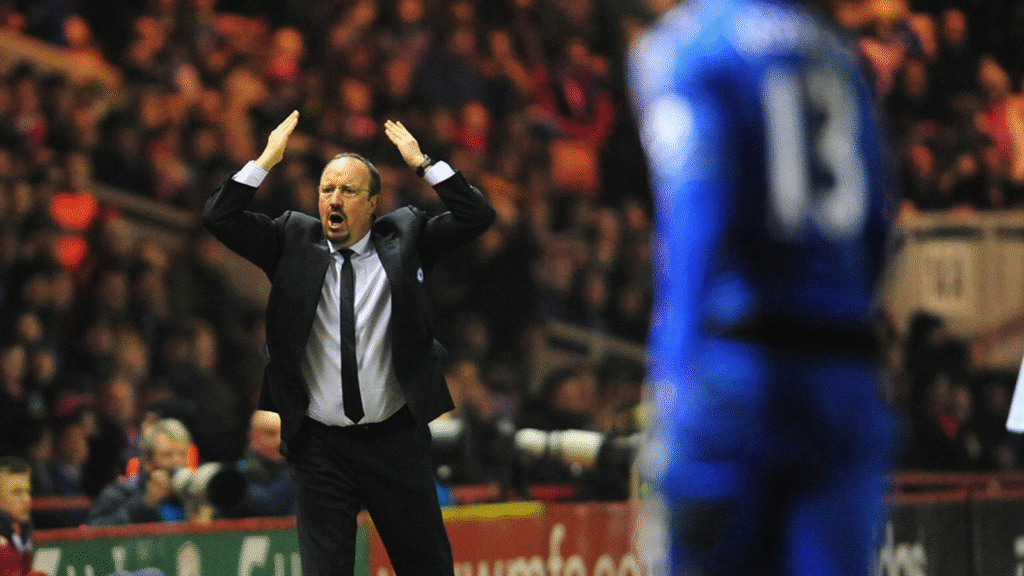
Rafa Benitez took on the most unappreciated position in English football in 2012 when he was appointed interim manager of Chelsea. After Roberto Di Matteo was fired, he took over in the middle of the season, but many Chelsea supporters openly hated him. His connections to Liverpool didn’t help either. The banners were harsher, the boos louder. However, Benitez did what he always does, which is to concentrate on outcomes. Chelsea won the UEFA Europa League at the end of the season in addition to earning a spot in the Champions League. With 28 victories in 48 games, a win percentage of more than 58 per cent, his record was self-evident. The relationship with fans, however, never completely recovered despite the awards. It was an odd paradox. He brought trophies, but no love. Success without widespread acclaim would be his pattern for years to come.
Life Beyond Chelsea: Napoli, Real Madrid, Newcastle, and More
After Chelsea, Benitez moved to Napoli in 2013. There, he added another Coppa Italia and Supercoppa Italiana to his trophy cabinet. His next big move came in 2015 with Real Madrid. Managing the club he once played for should have been poetic, but the stint was short-lived. A few months later, he was gone, caught between boardroom politics and a restless dressing room. Then came Newcastle United in 2016, a project that reignited his passion. He joined mid-season, couldn’t prevent relegation, but stayed to guide the team back to the Premier League the very next year. Newcastle fans adored him. He connected with the city, fought for the club, and restored belief. After leaving Newcastle, he explored new horizons with Dalian Professional in China before returning to the Premier League with Everton in 2021. That spell was difficult. Managing Liverpool’s rivals was never going to be easy, and results didn’t help. His latest job came with Celta Vigo in 2023. As of now, Rafa Benitez is without a club after leaving Celta in early 2024. But he’s made it clear he’s open to returning to management if the right project appears.
Montse Benitez – The Heart Behind the Manager
Behind Rafa’s public persona is Montse Benitez, his wife and a vital part of his journey. Montse has long been admired for her charitable work, especially in Liverpool, where she became affectionately known as “The Angel of Kindness”. Together, they’ve built a family that values community and humility. Their connection to Merseyside runs deep; even after Rafa left Liverpool, the family continued to support local causes. It’s a side of him fans don’t always see; away from tactics and trophies, he’s a devoted husband and father who values integrity as much as success.
The Tactician’s Mind – Why His Methods Split Opinions
So why does Rafa Benitez divide opinion so sharply? The short answer is style. His football philosophy prioritises balance, structure, and data-driven decisions. For players, that means clarity: every movement has purpose, and every phase of play has a plan. For fans, though, it can sometimes feel mechanical. Those who love chaos and flair see his teams as too calculated. But there’s genius in his system. Benitez studies opponents with surgical precision. He tailors game plans to exploit weaknesses rather than forcing one identity on every team. His tactical flexibility was crucial in moments like the 2005 Champions League final or Valencia’s disciplined La Liga triumphs. Yet, in a sport that celebrates spontaneity, his orderliness can seem cold. That tension defines his career: admired for intellect, questioned for aesthetics.
The Rafa Benitez Legacy at Liverpool
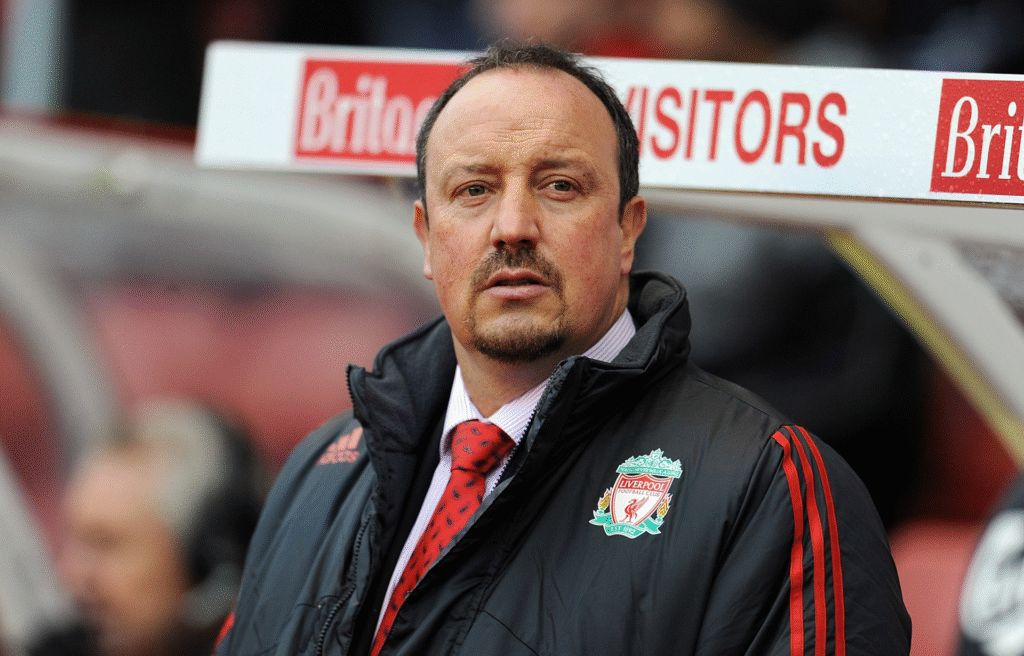
At Liverpool, Benitez built more than just a squad; he built an attitude. Players like Steven Gerrard, Xabi Alonso, and Jamie Carragher thrived under his structured leadership. He turned the team into European contenders and gave Anfield nights that fans still talk about. Yet, he never delivered the Premier League title, and that remains the asterisk next to his name. Some believe his pragmatic approach held Liverpool back from going all the way domestically, while others argue he maximised what was available. Either way, he laid a foundation that future managers built upon. His time at the club remains one of the most memorable eras in modern Liverpool history.
The Chelsea Paradox – Success Without Love
The tale of Rafa Benitez from Chelsea is a contrast study. He was among the team’s most effective managers in terms of statistics. In a single season, he produced a top-four finish and a European championship. Emotionally, however, it never made sense. His supporters viewed him as a stopgap measure rather than an integral part of who they were. Despite this, he remained consistently professional. He remained committed to winning and didn’t contribute to the drama. In retrospect, Rafa Benitez’s tenure at Chelsea demonstrated a significant aspect of himself: he can thrive despite the crowd and the odds being against him.
What Rafa Benitez Represents
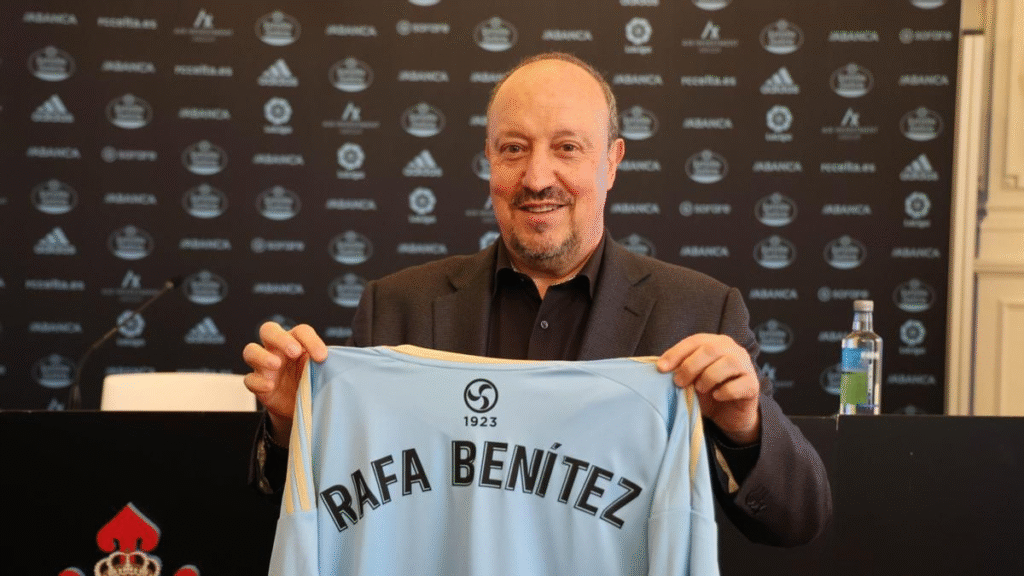
When you look at his career as a whole, Rafa Benitez represents the type of manager who values precision over showmanship. He’s a strategist, not a salesman. Football has always had room for both types, the motivator and the mathematician. Rafa sits firmly in the second camp. His football may not always make highlight reels, but it wins games and trophies. Fans who understand the finer details of tactics often appreciate him more than casual viewers. And yet, even his critics admit he brings order wherever he goes.
Legacy and What’s Next
Today, Rafa Benitez stands as one of the most decorated managers of his generation. La Liga titles, European trophies, domestic cups – his resume is proof of success across different countries and cultures. Still, he hasn’t had his final chapter yet. At 65, he’s hinted that he still has more to give. Whether that’s in England, Italy, or somewhere unexpected, the football world hasn’t seen the last of him. His next move could define how he’s remembered: as the misunderstood genius or the tactician who finally won universal respect.
Lessons from a Divisive Career
Rafa Benitez teaches us something about football and life. You can be right and still not be loved. You can win and still be questioned. He’s a reminder that success isn’t always about applause, it’s about conviction. His career shows that discipline and intelligence can take you far, even if not everyone understands your methods. Fans might debate his style forever, but no one can deny his influence on the modern game. If you’re curious about other football figures who left lasting marks on their clubs, take a look at How Sandy Jardine Became the Heart of Rangers Football. It’s another story of loyalty, resilience, and leadership that mirrors some of what defines Benitez himself.
FAQs
What is Rafa Benitez doing now?
As of 2025, Rafa Benitez is not currently managing a club. His most recent role was with Celta Vigo, but he’s made it clear he wants to return to coaching. He’s keeping an eye out for opportunities in the Premier League or Serie A. You can find more football updates and analysis at Jorbina.
What did Rafa Benitez win at Liverpool?
During his time at Liverpool, he won the UEFA Champions League in 2005 and the FA Cup in 2006. He also guided the club to a Champions League final in 2007 and made Liverpool a consistent European contender.
Who is the biggest transfer by Rafa Benitez?
One of his most notable signings was Fernando Torres, who joined Liverpool from Atletico Madrid in 2007. That deal transformed Liverpool’s attack and remains one of the standout transfers of his tenure.
What did Rafa Benitez win at Chelsea?
He led Chelsea to the UEFA Europa League title in 2013 and secured a third-place Premier League finish that guaranteed Champions League qualification.
Who is the most successful manager of Liverpool?
The title of Liverpool’s most successful manager often goes to Bob Paisley, who won six league titles and three European Cups. However, Rafa Benitez’s impact during the modern era earns him a place among the club’s greats.
Closing Thoughts
Why does Rafa Benitez continue to cause division among football fans? Because he finds himself at the intersection of two football philosophies: the architect and the artist. He wants to be respected for his intelligence rather than for his charisma. Even though his techniques don’t always shine, they are durable. And that is what makes Rafa Benitez such an intriguing character in a sport that frequently prioritises style over substance, a man whose methodical approach keeps us talking long after the final whistle.
